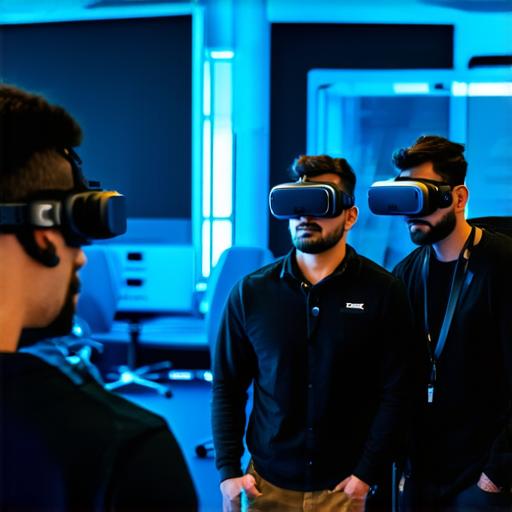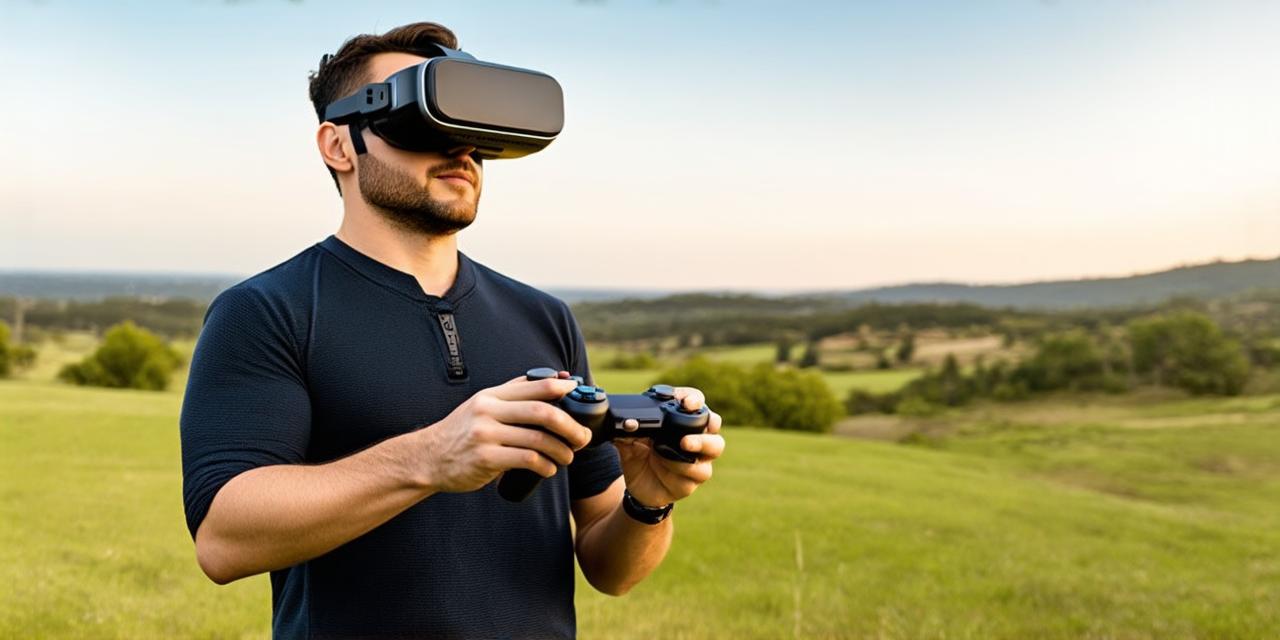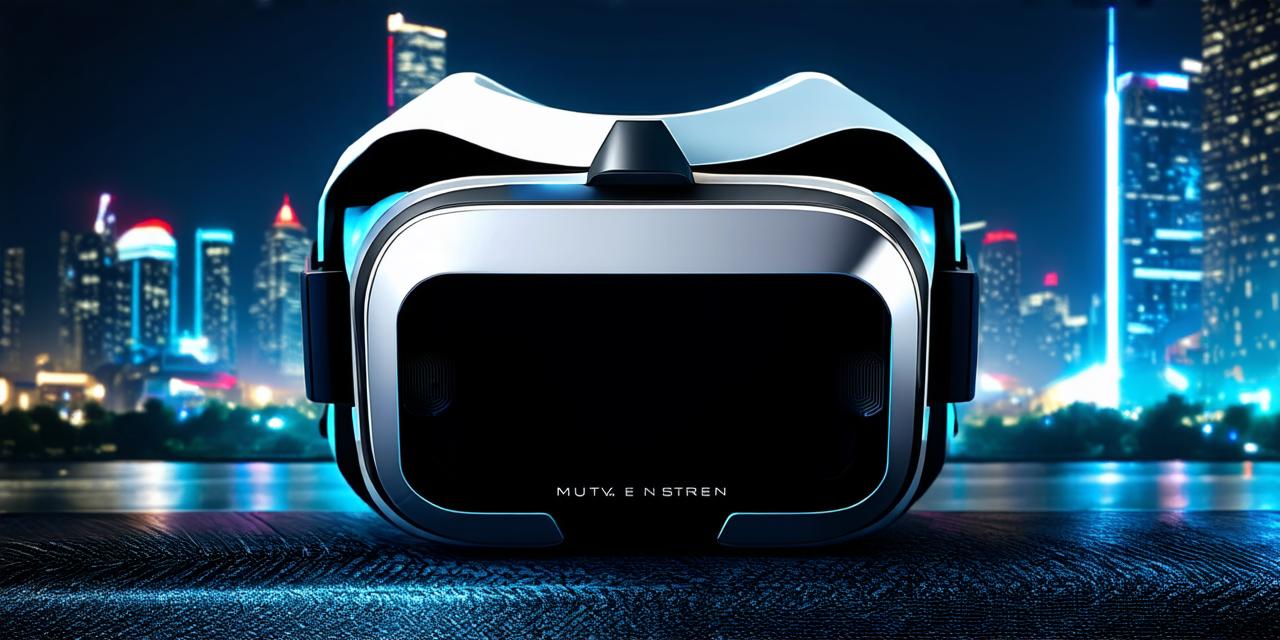
Virtual reality (VR) is a rapidly growing field that combines computer science, game design, and engineering to create immersive digital experiences.
If you are interested in becoming a VR developer, here are some steps you can take:
-
Choose a programming language: There are several programming languages used in VR development, including C++, C, Python, and JavaScript. It is recommended to choose a language that you are familiar with or have experience in learning. If you are new to programming, it may be helpful to start with a beginner-friendly language like Python.
-
Learn game engines: Game engines provide the tools and frameworks that developers use to create VR experiences. Unity and Unreal Engine are two popular game engines used in VR development. It is recommended to choose one engine and learn its ins and outs before moving on to another.
-
Gain experience: The best way to become a VR developer is by gaining hands-on experience. There are several ways to do this, including contributing to open-source VR projects, participating in game jams, and building your own VR projects. This will help you develop the skills and knowledge needed to create VR experiences.
-
Get certified: Certification programs like the Oculus Developer Certification Program can help demonstrate your expertise in VR development. These programs typically require candidates to pass a series of tests that cover topics such as programming, game engines, and VR hardware.
-
Stay up-to-date: The VR industry is constantly evolving, with new technologies and tools being released all the time. It is important for developers to stay up-to-date with these changes in order to remain competitive. This can be done by attending conferences and workshops, reading industry publications, and participating in online forums.
Overall, becoming a VR developer requires a combination of technical skills, creativity, and passion for the field. With dedication and hard work, anyone can learn the skills needed to create immersive digital experiences.



